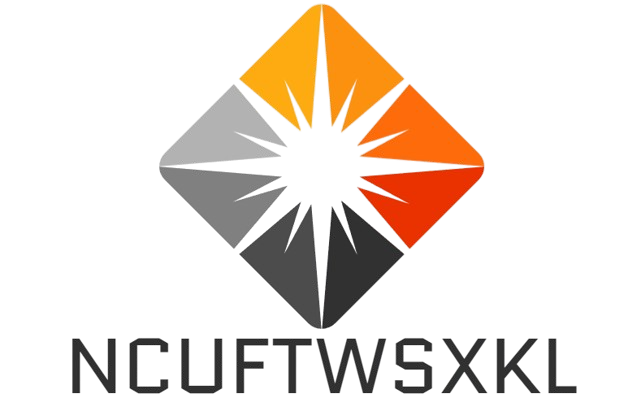Getting a great deal on your home mortgages is not easy. Paying it off in a timely manner also takes quite a bit of work. Doing your research before you sign the mortgage papers is your best bet. Follow the helpful home mortgage tips listed below to make sure you have the upper hand when signing the papers for a home mortgage.
If you are considering quitting your job or accepting employment with a different company, delay the change until after the mortgage process has closed. Your mortgage loan has been approved based on the information originally submitted in your application. Any alteration can force a delay in closing or may even force your lender to overturn the decision to approve your loan.
Consider unexpected expenses when you decide on the monthly mortgage payment that you can afford. It is not always a good idea to borrow the maximum that the lender will allow if your payment will stretch your budget to the limit and unexpected bills would leave you unable to make your payment.
Before you try and get a mortgage, you should go over your credit report to see if you have things in order. In 2013 they have made it a lot harder to get credit and to measure up to their standards, so you have to get things in order with your credit so that you can get great mortgage terms.
If your mortgage has been approved, avoid any moves that may change your credit rating. Your lender may run a second credit check before the closing and any suspicious activity may affect your interest rate. Don’t close credit card accounts or take out any additional loans. Pay every bill on time.
Be sure to have all your paperwork in order before speaking with a lender. A lender will want to see bank statements, proof of assets, and proof of income. Having these organized and on-hand ahead of time will prepare you in providing these pieces of information and will make the application process go faster.
If you’re having trouble getting approved for a mortgage, consider purchasing a fixer-upper home, rather than your first and most expensive choice. While this means spending a considerable amount of time and money, it may be your best option in qualifying for a mortgage. Banks often want to unload fixer-uppers too, so that also will work in your favor.
Pay your credit cards on time if you are considering a home mortgage in the next few years. Your credit score and debt to income ratios will come into play when you go for a home mortgage. If you have multiple late payments or are carrying a lot of debt, you may find the mortgage offers you receive to be poor.
You can request for the seller to pay for certain closing costs. For example, a seller can pay either a percentage of the closing cost or for certain services. Many times the seller is responsible for paying for a termite inspection along with a survey and appraisal of the property.
Do not sign a home mortgage contract before you have determined that there is no doubt that you will be able to afford the payments. Just because the bank approves you for a loan does not mean that you could really endure it financially. First do the math so that you know that you will be able to keep the home that you buy.
Reduce your debts before starting the home buying process. Your home mortgage can easily be your biggest single expense in life, so make certain that you’re able to consistently make the monthly payments, regardless of your luck. Keeping your debt load low makes the process far easier.
If you have bad credit, avoid applying for a home mortgage. Although you may feel financially ready enough to handle the costs of a mortgage, you will not qualify for a good interest rate. This means you will end up paying a lot more over the life of your loan.
Avoid paying Lender’s Mortgage Insurance (LMI), by giving 20 percent or more down payment when financing a mortgage. If you borrow more than 80 percent of your home’s value, the lender will require you to obtain LMI. LMI protects the lender for any default payment on the loan. It is usually a percentage of your loan’s value and can be quite expensive.
Remember that there are always closing costs and a down payment associated with a home mortgage. Closing costs could be about three or four percent of the price of the home you select. Be sure to establish a savings account and fund it well so that you will be able to cover your down payment and closing costs comfortably.
Know the real estate agency or home builder you are dealing with. It is common for builders and agencies to have their own in-house financiers. Ask the about their lenders. Find out their available loan terms. This could open a new avenue of financing up for your new home mortgage.
Before you even start looking at a new home to buy, try to get pre-approved for a home. This will give you confidence when looking for a new home and let you know what your budget is. It will also save you from choosing a home only to find out you cannot secure a large enough loan to purchase it.
As stated above, there is nothing simple about finding the best home mortgage for your circumstances. Just like anything important in life, it takes some time and energy to understand the details. Use the advice listed in the article above to choose the best home mortgage options available to you.



